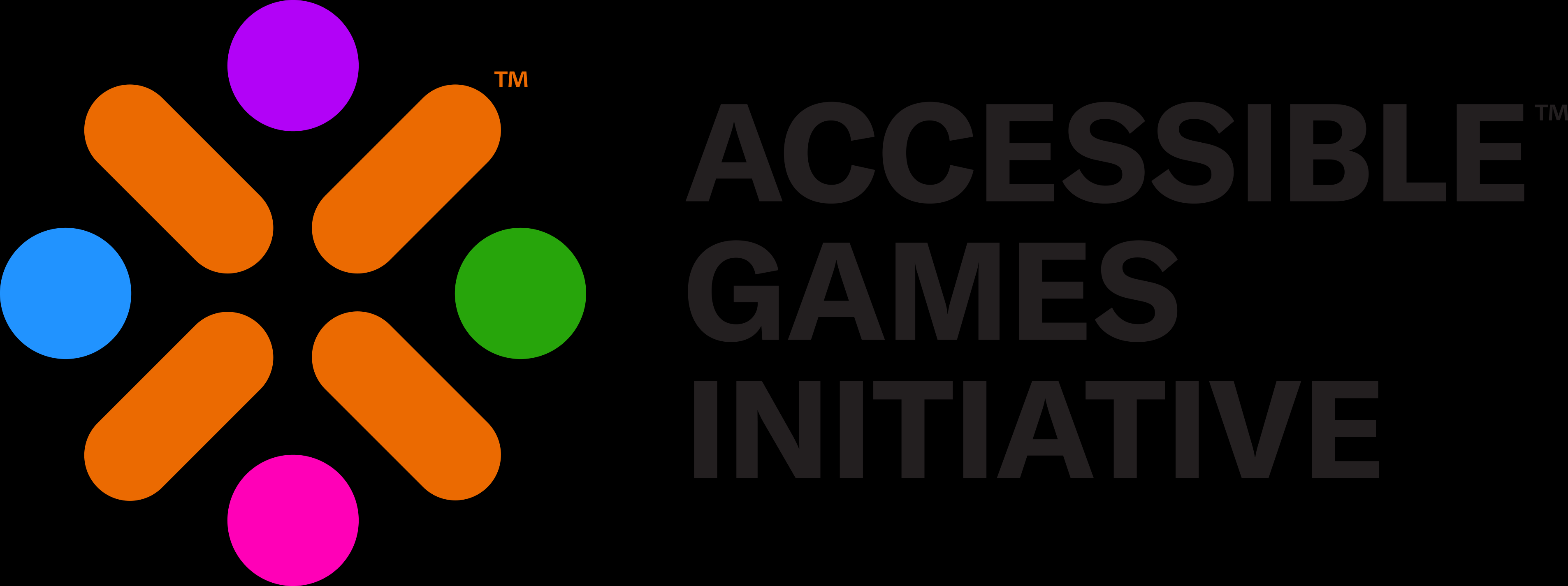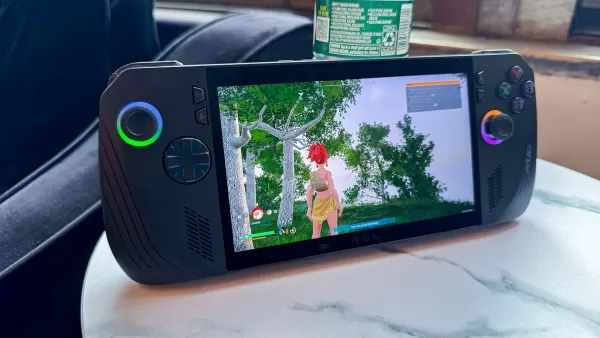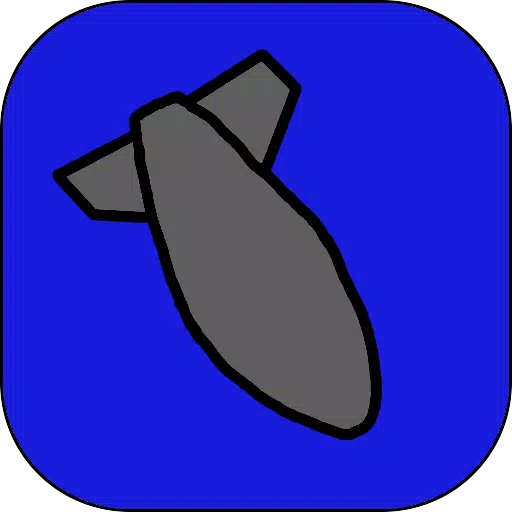Today, the Entertainment Software Association (ESA) unveiled the Accessible Games Initiative at the Game Developers Conference. This innovative "tag" system is designed to provide clear information about video game accessibility features to consumers. The initiative was developed by a coalition that includes major players like Electronic Arts, Google, Microsoft, Nintendo, Sony, and Ubisoft. Since its announcement, Amazon, Riot Games, Square Enix, and WB Games have also joined the effort, which will be overseen by the ESA.
Under this initiative, participating video game companies will use a set of 24 approved tags to label their games. These tags will appear alongside game information on digital storefronts and product pages, making it easier for consumers to find games that meet their accessibility needs. Examples of these tags include "clear text," "large and clear subtitles," "narrated menus," "stick inversion," "save anytime," "difficulty levels," and "playable without button holds," among others.
Stanley Pierre-Louis, ESA president and CEO, emphasized the importance of this initiative, stating, "Tens of millions of Americans have a disability and often face barriers to experiencing the joy and connection that comes with playing video games. We are immensely proud to announce the Accessible Games Initiative in partnership with industry leaders. This initiative demonstrates how impactful we can be when we work together in our industry-wide pursuit of helping more people experience the power of play."
The rollout of these tags will be gradual and on a company-by-company basis, and participation is not mandatory. Initially, the tags will be available only in English, though more tags or adjustments to existing ones may be developed in the future.

Below is a detailed list of the tags included in the Accessible Games Initiative:
Auditory Features
Tag: Multiple Volume Controls
Description: Separate volume controls are available for different types of sounds, including music, speech, sound effects, background audio, text-to-speech audio, accessibility audio cues, and voice chat. Additionally, all game sounds can be adjusted simultaneously with one volume control.
Tag: Mono Sound
Description: This feature allows you to play with mono audio, where the same audio is sent to all channels, providing a single, combined audio channel.
Tag: Stereo Sound
Description: Enables stereo audio playback, where sounds indicate their position relative to the left or right, but not above, below, ahead, or behind.
Tag: Surround Sound
Description: Supports surround sound, allowing sounds to convey their directional origin, including any direction.
Tag: Narrated Menus
Description: Provides screen readers or voice narration for menus and notifications, allowing you to navigate and receive audio feedback on interactions and context changes.
Tag: Chat Speech-to-Text & Text-to-Speech
Description: Facilitates text-to-speech and speech-to-text conversion for in-game chats, enabling real-time narration of text chats and transcription of voice chats.
Gameplay Features
Tag: Difficulty Levels
Description: Offers multiple difficulty settings, including at least one that reduces challenge intensity, with clear descriptions of the differences between levels.
Tag: Save Anytime
Description: Allows manual saving at any time, except during game-saving or loading phases, or when saving could lead to game-breaking scenarios.
Input Features
Tag: Basic Input Remapping
Description: Permits rearrangement of button controls, though the "Full Input Remapping" tag allows for more comprehensive remapping across all game controls and input methods.
Tag: Full Input Remapping
Description: Enables complete control over which action is assigned to which input across all supported methods, including keyboard, mouse, controllers, and on-screen controls.
Tag: Stick Inversion
Description: Allows you to invert the direction of thumbstick and other directional inputs for movement.
Tag: Playable without Button Holds
Description: Games can be played without needing to hold down buttons, though some analog inputs may still require holds.
Tag: Playable without Rapid Button Presses
Description: Eliminates the need for repetitive button actions like button mashing or quick-time events.
Tag: Playable with Keyboard Only
Description: The game can be fully played using just a keyboard, without requiring any other input devices.
Tag: Playable with Mouse Only
Description: The game can be fully played using just a mouse, compatible with adaptive technologies that map to mouse inputs.
Tag: Playable with Buttons Only
Description: The game and menus can be controlled using only digital inputs like buttons or keys, where pressure does not affect controls.
Tag: Playable with Touch Only
Description: The game can be fully controlled using touch inputs, without requiring any non-touch controls.
Tag: Playable Without Motion Controls
Description: Allows gameplay without the need for motion controls.
Tag: Playable Without Touch Controls
Description: Enables gameplay without the use of touchpads or touchscreens.
Visual Features
Tag: Chat Speech-to-Text & Text-to-Speech
Description: Provides real-time narration of text chats and transcription of voice chats, combining auditory and visual features.
Tag: Clear Text
Description: Ensures text in menus, control panels, and settings is legible, with adjustable contrast and less stylized fonts.
Tag: Large Text
Description: Offers a larger font size option for text in menus, control panels, and settings.
Tag: Large & Clear Subtitles
Description: Provides subtitles for all dialogue with adjustable size, background transparency, and non-overlapping placement, using less stylized fonts.
Tag: Color Alternatives
Description: Uses shape, pattern, icons, or text instead of color to convey important information, with options to adjust color usage.
Tag: Camera Comfort
Description: Eliminates or allows adjustment of camera effects that may cause discomfort, such as shaking, swaying, bobbing, motion blur, and forced narrative-based movement.
















